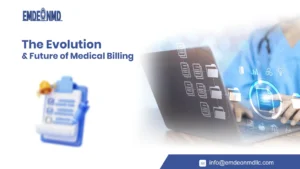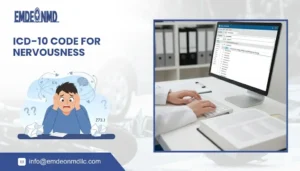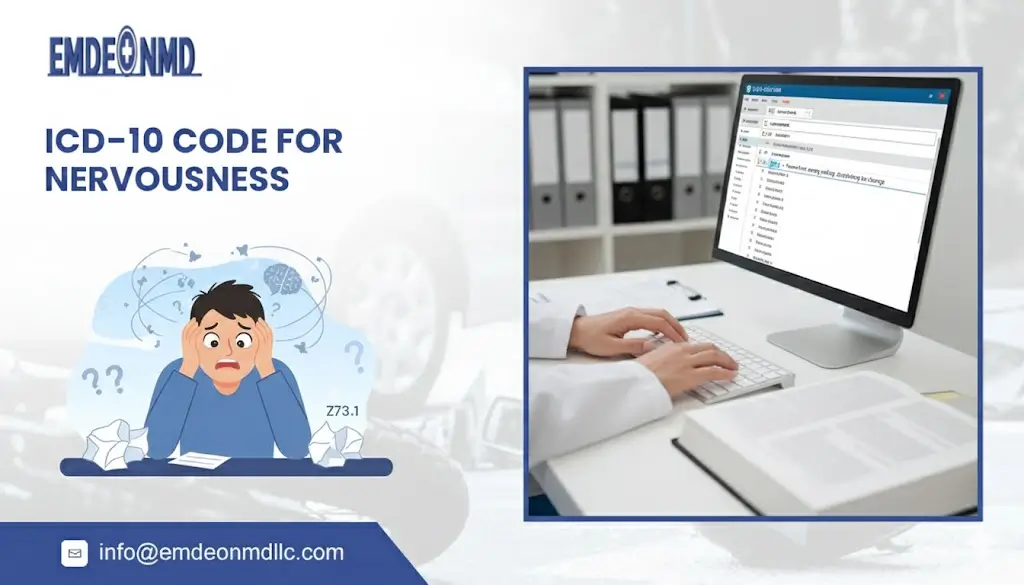Do you have any idea about what is authorization in medical billing? It is a basic and initial component of medical billing and RCM without which major complications such as rejections or denials can be a problem affecting overall billing and coding services. For that in-depth knowledge about authorization can be helpful in validated and accurate billing.
This blog will give an overview of the introduction and definition of authorization along with its classification providing details about retro authorization along with its comparison with prior authorization can help to understand their challenges and management, and overall gives an idea about authorization significance in medical billing and RCM.
Table of Contents
Introduction to Authorization
For in-depth knowledge about authorization, one must know what authorization is in healthcare. It is defined as obtaining approval from insurance providers to proceed with healthcare services, billing and other coordinated services. It gives details about coverage of services, and medical necessity of services ensuring compliance to the insurance providers. Medicaid and Medicare is a governmental insurance provider organization offering specific coverage to personnel based on age, and other factors while commercial insurance providers offer different coverage plans, payment chargers, and specific guidelines that are unique for commercial insurance plans for which authorization is highly specific.
Types of Authorization
There are different types of authorization in medical billing concerned with specific components targeting a certain specialty such as :
- Prior authorization
- Pre-authorization
- Post authorization
- Concurrent authorization
- Retroactive authorization
- Step therapy authorization
- Drug authorization
These types of authorization in medical billing, prior authorization, pre-authorization, post-authorization, concurrent, and retroactive authorization have great significance in medical billing, while these five three types of authorization in medical billing such as pre, prior, post-authorization commonly practiced during the processing of insurance claims. Prior is an initial process done before service delivery for approval of the insurance provider. Pre-authorization is concerned with the elective or planned procedure only while post-authorization is concerned with post-approval for delivered services as in the case of emergency services. Retro authorization in medical billing is similar to postone but it is required for special circumstances. Prior authorization & retro authorization in medical billing are commonly practiced types as one is concerned with before-service approval while later is concerned with after-drive approval.
Need of Prior Authorization for Healthcare Providers
In medical billing and RCM processing, prior authorization is construed as the prime focus for accurate and validated processing of insurance claims as prior authorization gives assurance about approval of insurance coverage plan details, duration, and other components for processing of insurance claims for concerned health care services. It further helps in controlling costs, compliance with insurance regulations, effective in ensuring medical necessity and quality care for the client by helping in managing high-cost medications and procedures lowering risks of rejection by the insurance providers.
Referral vs Authorization
Both referral and authorization in medical billing are commonly used components in the provision of health care services but in some cases, authorization can be confused with referral in which referral is known as the recommendation of specialist service by a primary care physician or family physician, without the referral the specialist is not liable to be charged for the services. The main difference between referral and authorization in medical billing is that authorization is approval from insurance providers for the provision of medical services in which an institution is involved. A primary care physician is involved in the case of referral, making authorization a time-consuming procedure as compared to referral by a physician.
Challenges in Pre Authorization
Due to highly practiced and crucial components of billing and RCM, many challenges are being faced in pre-authorization that lower the quality of billing affecting timely and accurate processing of insurance documents due to administrative burdens requiring comprehensive and detailed paperwork that slows the approval and lead to slowed patient care, high denial rates, may affect provider -physician relation. Some providers are still dependent on fax, and manual approval from prior authorization leading to severe delays and rejections of insurance claims that are further aggravated by the non-standardization of requirements by different insurance providers.
Challenges in Retro Authorization
As prior authorization faces various challenges retro authorization does face some challenges. Major retro authorization medical billing examples cover less RA requesting time leading to denials of claims permanently. Insurance providers may reject the request based on the non-compliance with the compulsion of having prior authorization. As prior authorization is offered after delivery of services which provision of medical necessity for approval of RA is highly necessary. In case of request denial the physician or patient may face high payment costs leading to financial burden lowering the effectiveness of the billing process and affecting the physician and patient relationship
Denial Management in Case of Authorization
The major and most prevalent challenge being faced by the billing and RCM company is denials of insurance claims by the concerned insurance providers due to various reasons affecting healthcare services in various aspects, for denial management in case of authorization concerning each type is highly important and can be done by adopting a step-wise approach by identifying the reason of denial by reviewing remittance advice of explanation of benefits followed by the collection of supporting data and documentation for justifying the service for submission for approval by the insurance company. Have a look at companies’ take on appeals by tracking the appeal for progress and approval.
Conclusion
Authorization can be a prominent and concerning component of any procedure or service of any certain industry but in the case of medical billing, it is one of the prime parts without which insurance claims can’t be processed leading to rejections and denial of insurance claims. Mentioned various types have specific tasks management concerned with specific authorization in which prior, pre, post, concurrent, and retro are commonly practiced among all types. A billing company is highly dependent on the authorization of client insurance plans acting as a crucial component in medical billing.
Emdeon MD: A Convenient Billing Platform
Emdeon MD is known as a convenient online platform working 24/7 to offer the best and maximum billing services to the client with the best professional experience along with validation of basis and advanced authorization, offering satisfactory services. For free constellations and other details may have a look at the website Emdeon MD, contact us at +1 307 459 0875, or have detailed information through info@emdonmdllc.com.
FAQs
What is Prior Authorization in Medical Billing?
Prior authorization (PA) is a process where healthcare providers must obtain approval from an insurance company before delivering certain medical services, treatments, or medications. It ensures that the procedure is medically necessary and covered under the patient’s insurance plan.
What is the Difference Between Prior Authorization and Retro-Authorization?
Prior Authorization is obtained before a service is provided.
Retro-authorization is requested after a service has already been provided, typically in emergency cases where prior approval was not possible.
Why Do Insurance Companies Deny Authorization Requests?
Common reasons for authorization denials include:
Lack of prior authorization before service.
Insufficient documentation to justify medical necessity.
Use of an out-of-network provider.
Expired authorization.
Incorrect or missing CPT/ICD codes.
How Can Healthcare Providers Reduce Authorization Denials?
Implement electronic prior authorization (ePA) to speed up the approval process.
Verify payer-specific authorization requirements before service.
Ensure complete and accurate documentation with proper CPT/ICD codes.
Submit timely appeals if a claim is denied due to authorization.












